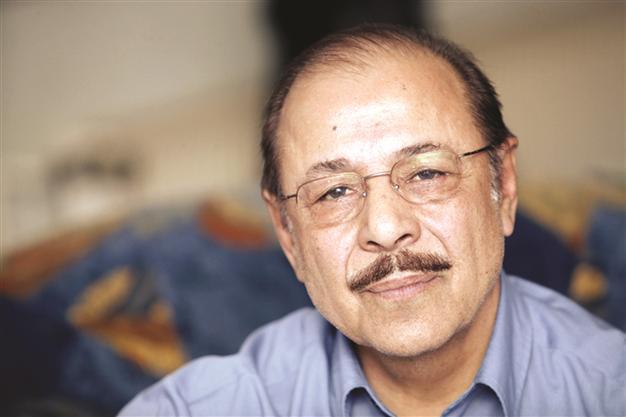Turkey takes inventory of its human treasures
ANKARA - Anatolia News Agency

Neşet Ertaş.
The Turkish Culture and Tourism Ministry has been taking inventory of its living human treasures each year since 2008 in an effort to bequeath the knowledge and experience of peerless masters to subsequent generations.
“The main purpose of this selection is to [praise] these people while they are alive, as well as to preserve and revive their arts,” said the Culture and Tourism Ministry’s general director of research and education, Associate Professor Ahmet Arı.
Parts of a country’s own value The list is compiled as part of UNESCO’s Convention for the Safeguarding of Intangible Cultural Heritage.
Turkey became party to the convention in 2006; as part of the project, each party records the intangible living human treasures in their country according to certain criteria.

Tile artist Mehmet Gürsoy is one
of the names from
Turkery on UNESCO’s Living
Human Treasures List. Turkey has
20 names on the list this year.
“The intangible cultural heritage or living human treasures are those who are a part of a country’s own values and social traditions. This heritage is orally transferred to subsequent generations. Also, the names are added to this heritage list with social and cultural changes. In this sense, oral expressions and applications, performance arts, social applications, rituals, festivals and handicrafts are important in the determination of intangible cultural heritage,” he said.
“The people who are masters in various fields such as glass beads, Karagöz shadow theater, art of tile-making, marbling, ornamentation, weaving, kispet [wrestler’s tight] and reed production, bağlama, calligraphy writing and çam düdüğü [a type of instrument], are the common cultural heritages of the whole world [from Turkey],” he said.
Arı said the living human treasures were people who possessed unparalleled information and experience in their own field. “Famous folk poet Neşet Ertaş, who died a short time ago, and all others were listed as living human treasures not by UNESCO but by the Culture and Tourism Ministry in accordance with the relevant convention.”

